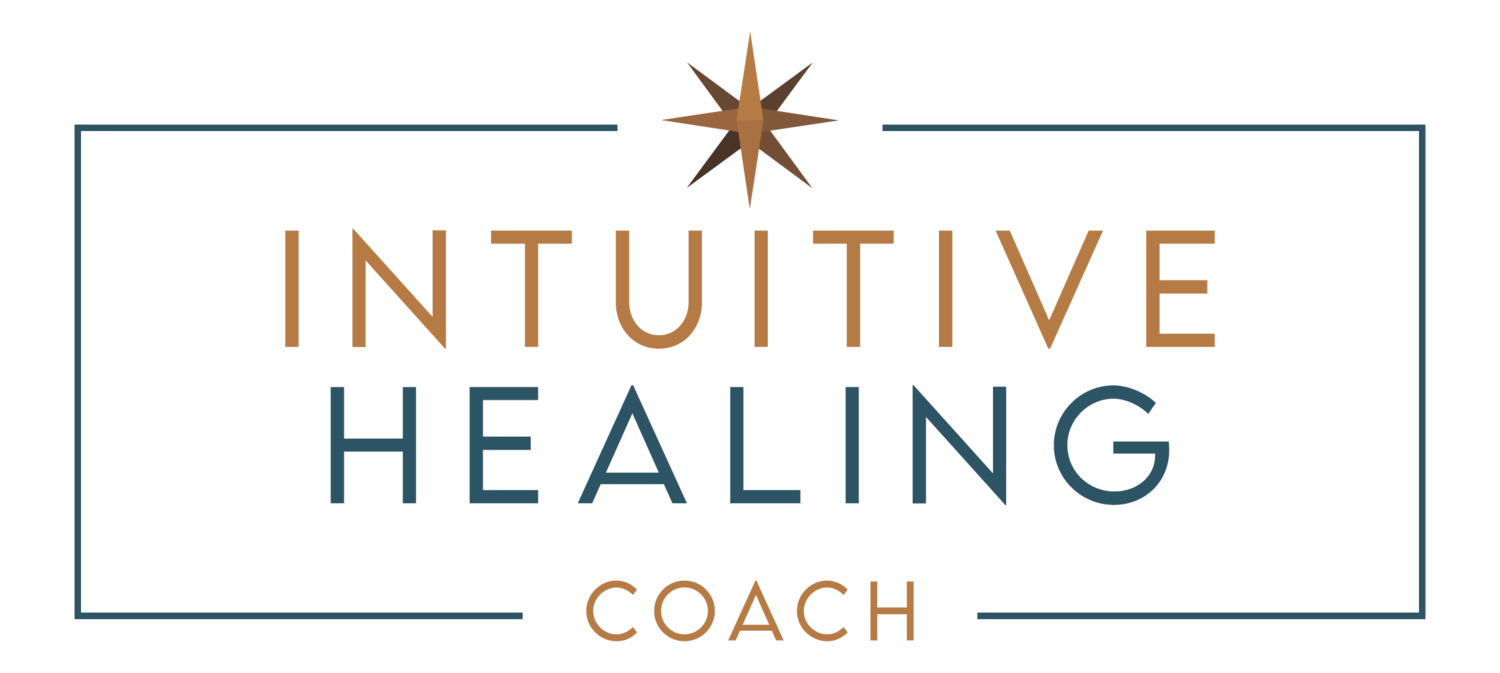Reframing Failure + Success
How often have you struggled more with the anticipation of failing than with the actual circumstance?
Probably more than you realize.
Fear of failure is a big one. And while you’re likely aware of it to some degree, most of its damage is done under the surface. Unconsciously. Make no mistake- it’s a limiting belief. Sure, in the moment it feels like a Truth with a capital T- I screwed up again… everyone’s going to think I’m a loser... my family is going to be upset with me... my friends won’t feel the same about me… I’m not okay if I make mistakes… failure literally threatens my security… I need to avoid failure at all costs.
Notice that what presupposes the fear of failure is the idea that failure is objective. But guess what- it’s NOT.
The definition of failure and success is completely subjective.
You define what both failure and success is. But often you haven’t consciously decided on what these things mean to you- you just accepted the ideas of others- maybe your family or friends or the media. And you’ve continued to view everything through the lens of that belief without actually consciously agreeing to.
The problem? Limiting beliefs often don’t belong to the person you are now or want to be tomorrow. They’re unconscious agreements, cemented in from a very early age. These beliefs limit your present and future experience.
The truth is, you are always deciding what failure is for yourself.
What if you simply reframed failure so you can always land on the upside?
This isn’t just a party trick or mindset hack. It’s deep work that examines your core limiting beliefs, wounding, and conditioning.
Reframing isn’t as simple as calling a mistake something else or just pretending you’re okay with things when you’re not or avoiding accountability for consequences of mistakes. It’s about choosing how you respond to life when it doesn’t go exactly as you’d hoped. Because failure will literally stand between you and your experience of life- it keeps you from taking risks, from actually making the changes you say you want. And it’ll use fear, anxiety, anger, shame, and stress to guide you into submission. Probably not the way you’d like to live, right?!
Reframing begins with looking at your assumptions.
Objectively examining your own behavior is important- not to be able to assign blame or shame- but to take real responsibility. Without responsibility, you’ll only look outside yourself for assumed reasons for what’s happened. Or you’ll assume you’re simply to be blamed for everything that happens, without looking more deeply at the ways you actually disempowered yourself.
Assuming you’re either completely or not at all to blame keeps you from the valuable lessons that grow you. Assuming what it means to fail hobbles your momentum. Assuming that what others think about you is true breeds feelings of embarrassment, regret, and shame.
Say you’ve got a coworker who constantly takes credit for your ideas and work. When they get a big promotion and you don’t, you focus on their awful behavior and tell all your friends all about how the coworker has been manipulative and conniving for years. And even though their behavior might actually be truly terrible, they become another example of how not getting what you want is the coworker’s fault, or your boss’s fault for not seeing the situation more clearly, or life’s fault for not having your back.
Or instead, maybe you crawl into bed for a weekend, spiraling down in thoughts about how you never get the break and you’re once again not deserving of getting what you want. You feel victimized and shamed by what happened, and clearly the coworker is the perpetrator here.
While both scenarios may have some truth to them (the coworker WAS shady, you DO feel unfairly treated) you're focused externally, feeling as if life has happened to you, not with you. The nugget here is really that this is just another area of life where a common pattern has emerged. Your ideas about failure and your self-worth are keeping you from seeing something deeper: you had plenty of opportunity to set boundaries with the coworker or stand up for yourself with your boss or find a situation where your skills were better valued. You just chose to stay in a pattern of staying aligned with failure and being under-valued, even though that’s not what you consciously want.
Isn’t it far more interesting to explore and resolve that? Instead, getting all spun up {or down} is a literal distraction from taking radical responsibility for what you always have control over- YOU.
Being defensive keeps you from the empowerment you’re just steps away from. And so does overly blaming and shaming yourself.
YOU aren’t a failure
but you may have failed yourself in the situation. Being able to see this objectively is crucial because that’s where you can neutrally examine what really happened and learn from it. The little bit of distance found in observing the failure, without assuming YOU are the failure can change everything.
When you see the patterns, limiting beliefs, and conditioning as separate from you, you get to decide what happens next.
You only have to to choose to learn from failure.
When you can neutrally untangle what’s yours to be accountable for- and what’s not- you can stop being afraid of what you think failure means about you. Instead, you can learn from each lesson and disrupt old, unhealthy patterns. In other words- you can learn each lesson ONCE. You can choose to move beyond the experience until the next lesson arrives to show you where can find even more freedom from unconscious beliefs and unhealthy patterns.
Find purpose in failure.
Reframe failure. If you’ve accepted an assumption that failure is the opposite of success, question it gently.
The truth is that failure is a necessary part of success because how you respond to failure either aligns or misaligns you to the life you want to live. Failure isn’t just failure- it’s information. Feedback. You only have to be willing to learn from it and consciously engage with it so it can stop driving your unconscious reactions.
Failures are opportunities- stepping stones- that actually direct you to what you want.
Instead of fearing and avoiding failure, you can use all that energy to build skill in how you respond to failure and craft success.
Life gives you multiple attempts to learn. You can either embrace them or live in fear of them.



